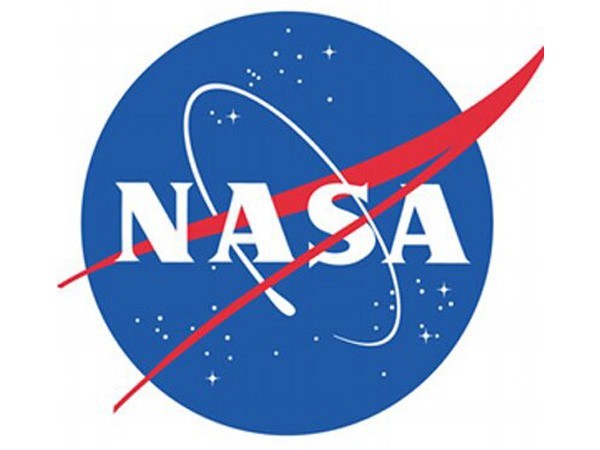Science News Roundup: One American, two Russians blast off to International Space Station; Dinosaur skeleton fetches three million euros and more
Eight nations sign U.S.-led Artemis moon agreements Eight countries have signed an international pact for moon exploration called the Artemis Accords, NASA announced on Tuesday as the U.S. space agency tries to shape standards for building long-term settlements on the lunar surface.

Following is a summary of current science news briefs.
Eight nations sign U.S.-led Artemis moon agreements
Eight countries have signed an international pact for moon exploration called the Artemis Accords, NASA announced on Tuesday as the U.S. space agency tries to shape standards for building long-term settlements on the lunar surface. The accords, named after NASA’s Artemis moon program, seek to build on existing international space law by establishing "safety zones" that would surround future moon bases to prevent conflict between states operating there, and by allowing private companies to own the lunar resources they mine.
COVID-19 increases risks for cancer patients; common cold antibodies no help vs coronavirus
The following is a roundup of some of the latest scientific studies on the novel coronavirus and efforts to find treatments and vaccines for COVID-19, the illness caused by the virus.
COVID-19 increases risks for cancer patients Australian intelligence agencies prepare for small satellite deployment
Australian intelligence agencies are planning to experiment with small satellite technology, which typically includes aircraft and marine vessel tracking as well as weather forecasts, as part of a tie-up with San Francisco-based space data and analytics company Spire Global. The Djara satellite, developed for Australia's Office of National Intelligence, is scheduled to be deployed from the International Space Station early next month, Spire said in a statement to Reuters.
Remains of the day: dinosaur skeleton fetches three million euros
The near-complete skeleton of a carnivorous dinosaur which roamed the earth around 150 million years ago was sold at a Paris auction house on Tuesday for 3 million euros ($3.52 million). The skeleton of the Allosaurus dinosaur, dug up in the U.S. state of Wyoming three years ago, went to an unnamed foreign buyer for well in excess of the 1 million euro starting price.
Japan supercomputer shows humidity affects aerosol spread of coronavirus
A Japanese supercomputer showed that humidity can have a large effect on the dispersion of virus particles, pointing to heightened coronavirus contagion risks in dry, indoor conditions during the winter months. The finding suggests that the use of humidifiers may help limit infections during times when window ventilation is not possible, according to a study released on Tuesday by research giant Riken and Kobe University.
One American, two Russians blast off to International Space Station
A Russian Soyuz spacecraft carrying a U.S. astronaut and two Russian cosmonauts successfully reached the International Space Station after blasting off from the Baikonur cosmodrome in Kazakhstan on Wednesday, live footage broadcast by Russia's space agency Roscosmos showed. The Soyuz MS-17 spacecraft carrying NASA astronaut Kate Rubins, a microbiologist who in 2016 became the first person to sequence DNA in space, and Russian cosmonauts Sergey Ryzhikov and Sergey Kud-Sverchkov reached the space station roughly three hours after liftoff, bringing the orbital laboratory’s crew size to five.
(This story has not been edited by Devdiscourse staff and is auto-generated from a syndicated feed.)
ALSO READ
US considers easing warnings for Americans traveling to China
US: Jain Acharya Lokesh honoured with American Presidential Award
Indian-American golfers Theegala and Bhatia set their sights on making a mark at Augusta Masters
American-Born former sumo champion Akebono dies aged 54
Science News Roundup: North Americans celebrate with cheers, music and matrimony; UK Nobel Prize-winning physicist Peter Higgs dies aged 94 and more










